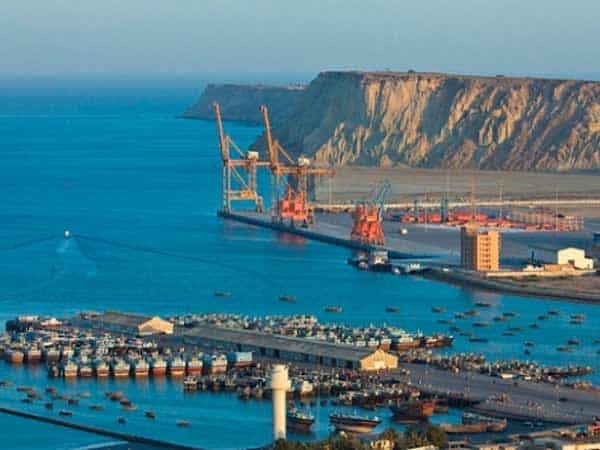Islamabad: A former ambassador of Pakistan has warned his government to keep trade and tariff policies stable if it does not want its signature China-Pakistan Economic Corridor (CPEC) project to turn into a financial nightmare.
Ambassador (retired) Manzoor Ahmad, who was his country’s envoy to the World Trade Organisation (WTO) between 2002 and 2008, urged Islamabad to get out of its confused myopic financial regulatory framework and move forward to negotiate new free trade agreements (FTAs) and liberalise the economy.
In an opinion piece published in the Express Tribune, Ambassador Ahmad cites three reasons why Pakistan is unable to negotiate successful bilateral and regional free trade agreements for its own benefit:
. Pakistan wants preferential access without having to negotiate quid pro quo. It is always on the lookout for other countries to give it special concessions under a SRO-type arrangement.
. A cursory look at local press shows that most commentators would prefer going back to the 20th century trade regime when import substitution policies were in vogue. Manufacturers present the infant industry argument and would like to avoid all competition.
. Pakistan has signed all of its free trade agreements without having conducted any serious studies. As soon as imports from the partner country start flowing in, the blame game starts.
China, he said, is an outstanding example of this last point. Pakistan inked an FTA with Beijing in 2006 and celebrated it as a big step forward for its economy, but even before negotiations could start on the second phase, there were calls for renegotiating the terms agreed on during the first phase.
Pakistan, said Ambassador Ahmad must realise that other economies have liberalised their trade regimes a long time ago, and therefore, cannot offer much to Islamabad in terms of tariff concessions.
“There is a need for a national consensus whether we want to remain isolated economically or we want to be more integrated. If we prefer isolation, then there is no need for more FTAs. However, if we want to be more globalised, then we have to first reform trade and tariff policies,” the former envoy says.
“Through (the) CPEC, Pakistan can become a hub for transit and trade. However, if it continues to keep high tariffs, CPEC could turn into a nightmare. It could further flood our markets with smuggled goods,” he warned.
He describes the CPEC, OBOR as a game-changer for the entire region. (ANI)

